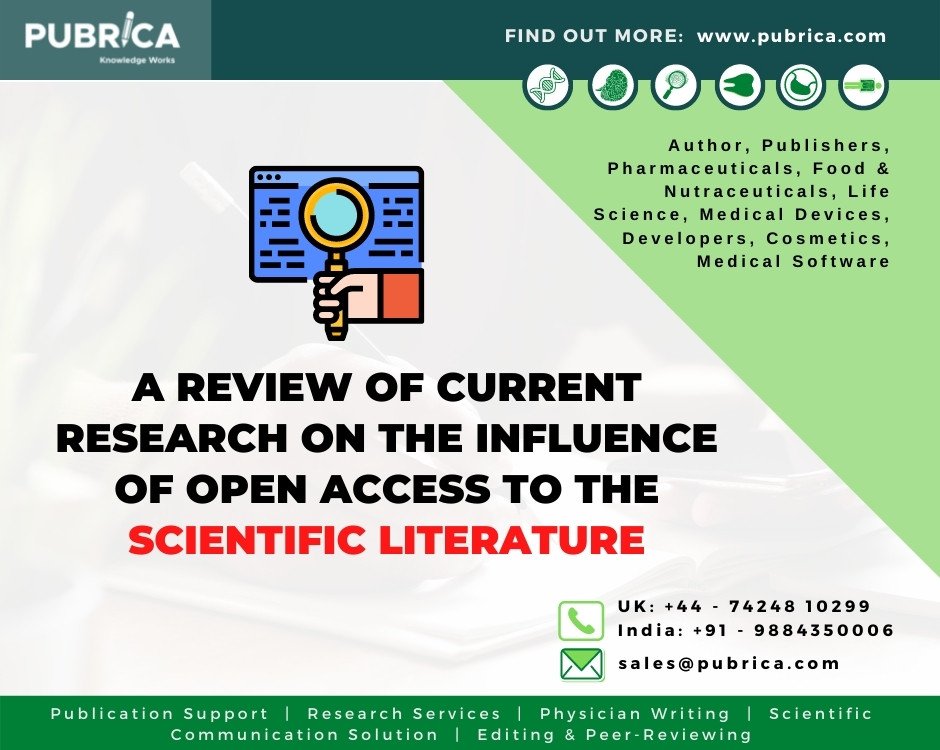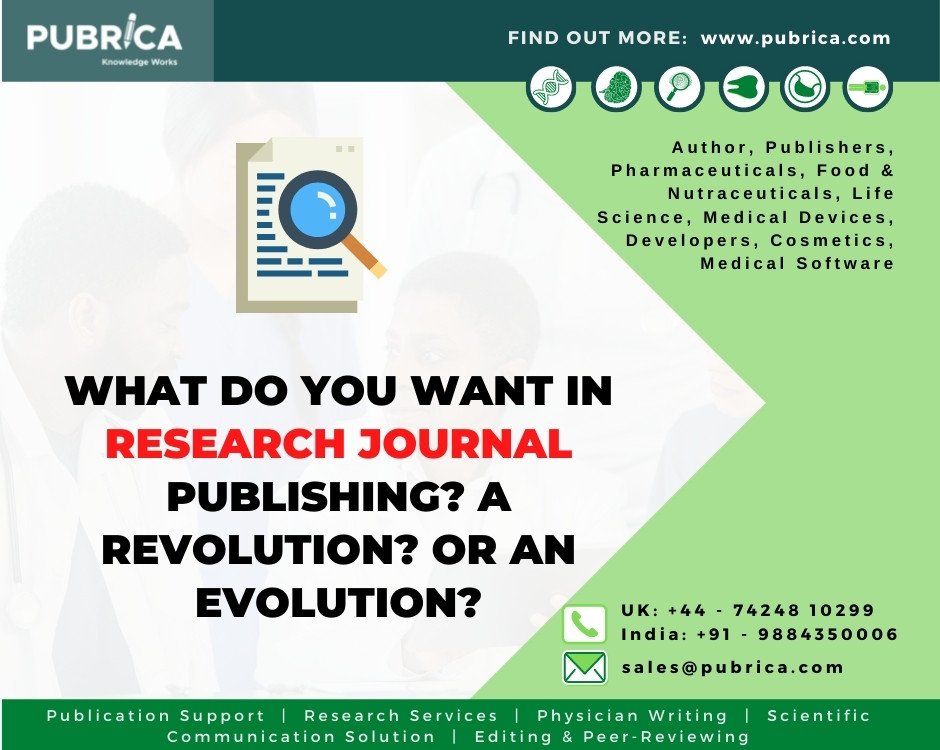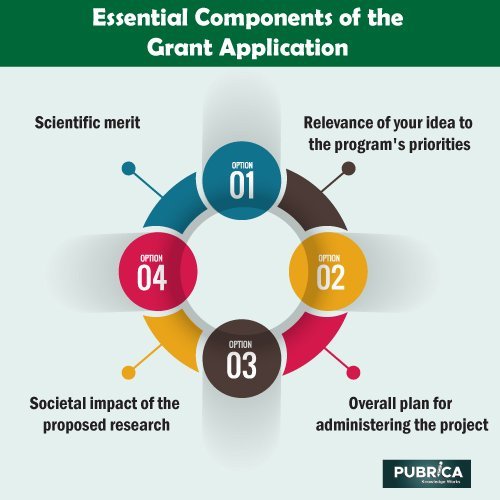
A review of current research on the influence of open access to the scientific literature
January 21, 2022
What Do You Want in Research journal Publishing? A Revolution? Or an Evolution?
January 25, 2022In brief
Millions of dollars and billions of people are invested in health and medical research worldwide. However, it might be claimed that none of this investment has revolutionised health care or decreased significant health issues. In 2010, the United States of America was the most crucial sponsor of life science research, spending US$240 billion (US$70 billion in commercial and US$40 billion in governmental and nonprofit). They stated that US$200 billion was squandered in 2010 out of a total of US$240 billion due to research findings that were useless and reports that were unavailable.
Introduction
Regardless of the causes for this squandering of research funds, as researchers, we must prepare the best grant proposal possible. As a result, based on our grant-writing expertise, we’ve highlighted certain critical stages that should be addressed during the grant-writing process. At the same time, the typical grant proposal in the medical profession has a 1:8 to 1:12 probability of being funded.
Ten tips for successful grant writing
1. Check to see if you are experienced in applying and not applying for a funding programme outside your field of expertise. Look at the abstracts of previously funded studies or even the complete text of successful research articles to better your concept.
2. Your application must begin with a fantastic concept; nevertheless, your brilliant idea will not be funded if it does not support the funding program’s principal goal(s). Here recommend that you study the background material on the funding body’s website and contact them to confirm if your proposal is eligible.
3. Ascertain that you are aware of the essential components of the grant application and that you have addressed them. These elements, such as (a) scientific merit; (b) relevance of your idea to the program’s priorities; (c) strength & composition of the academic or research team; (d) societal impact of the proposed research; (e) overall plan for administering the project; (f) expected scientific outcomes; and (g) the dissemination plan, are frequently used by reviewers and assessors for the funding body to evaluate proposals.

4. Consider yourself a reviewer. Reviewers will be expert scientists in this field who will assess each proposal based on its merits, weaknesses, likelihood of success, personnel credentials, and other factors. The researcher should write the proposal logically and clearly to aid the review process and reviewers.
5. The overarching hypothesis (or goal), particular purposes or objectives that test the theory, techniques with corresponding timetables, and predicted outcomes and implications are the most significant aspects of any proposal. With a credible review and literature, the necessity for the project should be identified. However, double-check the language and style and that any sources you cite in your application are listed in your reference list.
6. Within the duration of your research proposal or shortly after that, your goals and projected findings must be closely connected and influence the funding agency’s priority programme.
7. It should be clearly and concisely on how your selected methodology and recommended research methodologies will result in a successful project.
8. Prepare an adequate budget that includes reasonable justifications for all costs.
9. A group comprises a grant recipient, a topic expert/colleague, a methodologies expert, a statistician/health economist or a qualitative researcher, and a medical writer who must lead and verify the proposal.
10. To allow for the comprehensive proofreading described in (9) above, the grant application form must be completed and amended at least three weeks before the deadline.
Summary
Medical research facilities should have high-quality research, and an ethics committee made up of clinicians, doctors, nurses, health and allied sciences personnel, and statisticians with experience in research and publishing. This committee’s primary goal is to promote research quality by examining and approving study ideas, funding applications, and research publications before they are published. International workshops, conferences, and courses should teach these committee members. Such committees also frequently train institutional researchers in research and grant writing to invest significantly in the institution’s innovation, vision, and potential via better health care.
About Pubrica
The researchers and authors at Pubrica create scientific and medical research articles that may be invaluable tools for practitioners and authors. By presenting the reader to the deficiencies or gaps in the selected study field, Pubrica medical writers assist you in writing and editing the introduction. Our professionals are familiar with the framework that follows the broad topic, problem, and background to a small issue where the hypothesis is stated.
References
- Kyzas PA, Denaxa-Kyza D, Ioannidis JP. Almost all articles on cancer prognostic markers report statistically significant results. Eur J Cancer. 2007; 43: 2559-79.
- Anderson NL. The clinical plasma proteome: a survey of clinical assays for proteins in plasma and serum. Clin Chem. 2010; 56: 177-85.
- Røttingen JA, Regmi S, Eide M et al. Mapping of available health research and development data: what’s there, what’s missing, and what role is there for a global observatory?. Lancet. 2013; 382: 1286-307
